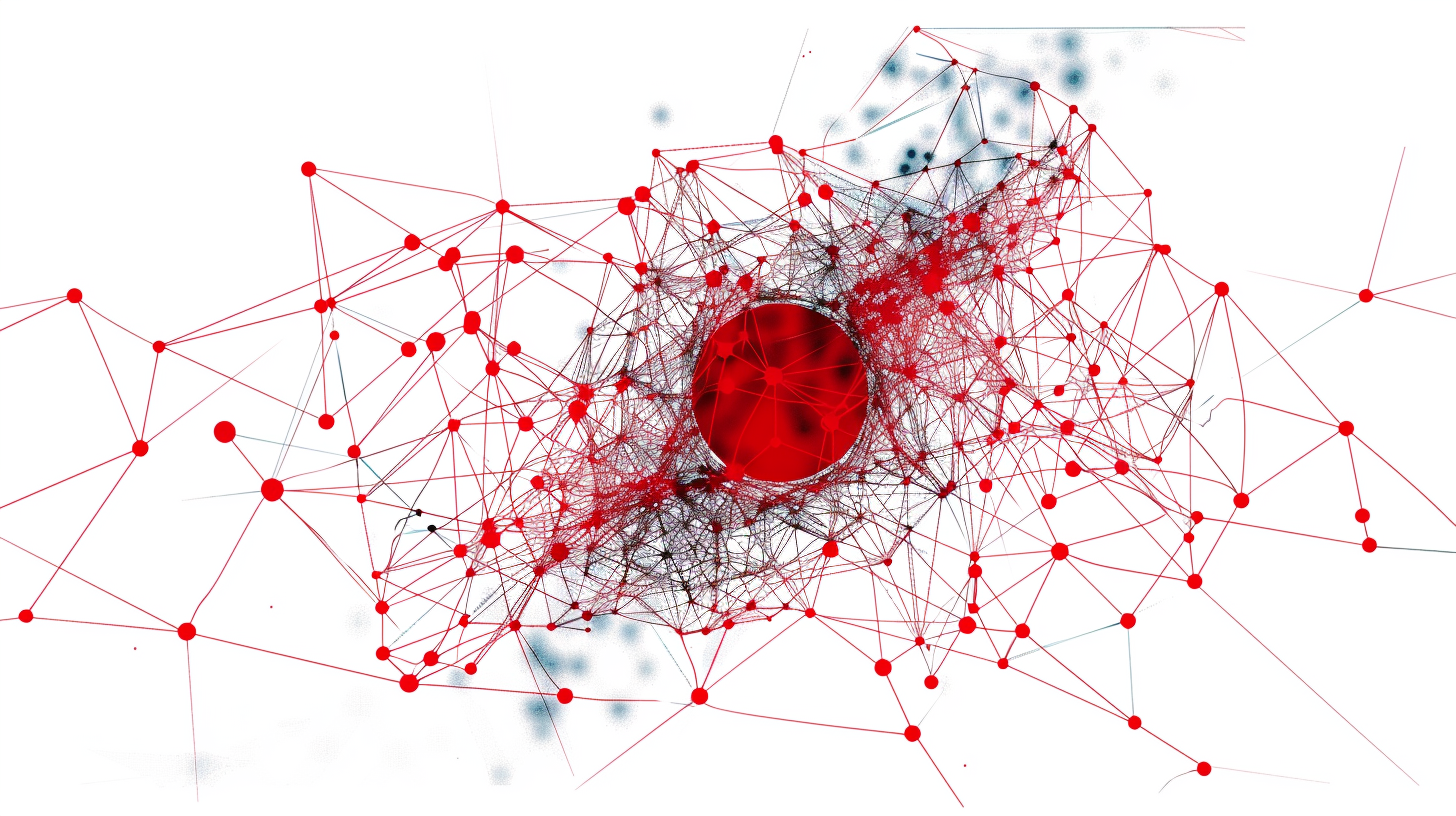Japanese media warn AI search engines may irreversibly damage democracy and culture

Key Points
- The Japanese Association of Newspaper Publishers and Editors warns that AI-based search engines are exploiting news content and acting as "free riders," which could violate copyrights and jeopardize content production.
- As an example, it cites a Google query that returns information about the number of victims of an earthquake that appears to have been compiled from various media reports and adopted with a high degree of consistency. This raises questions about the use of copyrighted content.
- The association is calling for a review of the legal system in light of advances in generative AI. There is also criticism in the US and Europe of AI search engines that use web content without generating significant traffic, which could threaten the business models of website operators.
Japanese publishers are raising concerns about the impact of AI-powered search engines on their industry.
The Japan Newspaper Publishers and Editors Association recently warned that these systems are exploiting news media content without fair compensation. The group argues that AI search engines are effectively "free riders," benefiting from news content without contributing to its creation or supporting the news ecosystem.
Some experts are calling for new copyright laws to address the growing risk of infringement by generative AI systems, which can automatically create complex texts by drawing from multiple sources.
The association cited a specific example of potential copyright infringement. When asked about the death toll from the January 1, 2024 Noto Peninsula earthquake, Google's AI-powered search returned this response: "282 people were killed in the Noto Peninsula Earthquake as of June 19."
This answer appears to be synthesized from multiple reports by TV stations and major newspapers. The description of the cause of death was nearly identical to an article in a prominent newspaper. The response was generated during a beta test of Google's "Search Generative Experience."
The publishers argue that this practice violates Japanese copyright law, which only permits the use of content for search purposes if it's minor and limited to what's necessary for the search function.
They are also concerned that these practices could increase the spread of misinformation, potentially causing "irreversible damage to the foundation of democracy and the nation’s culture."
Similar criticisms have been raised in the US and Europe about AI search engines such as Perplexity and Google's AI Overviews. These services use content from websites without generating significant traffic in return, potentially undermining the business models of content creators, especially those who rely on direct website visits for revenue.
AI News Without the Hype – Curated by Humans
As a THE DECODER subscriber, you get ad-free reading, our weekly AI newsletter, the exclusive "AI Radar" Frontier Report 6× per year, access to comments, and our complete archive.
Subscribe now